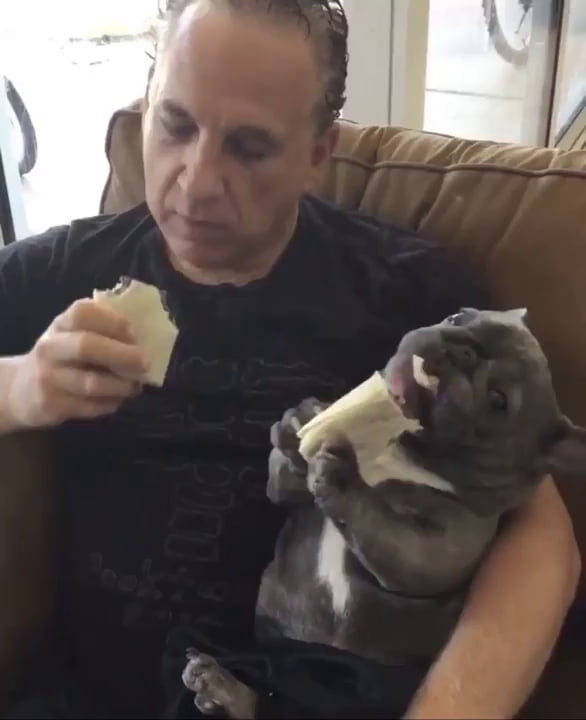
A vet informs us if your dog’s stomach making sounds is normal … or a cause for the issue.Įver heard a loud gurgling noise and questioned, “Why is my dog’s stomach making noises?” You’re not alone. Dogs often growl when they are fearful or trying to assert themselves in a situation.If you’ve ever wondered, “Why is my dog’s stomach making gurgling and other noises,” you’re not alone.

Why does my dog bark and growl at everyone?ĭogs may also bark or growl when they see prey, such as squirrels, and they may bark for attention, food or if they are anxious. Once he got older and started to rap, he incorporated different dog sounds into his music, using barking and growling to intimidate other rappers, per Okayplayer. While dogs may not plan out their actions, like humans do by weighing the pros and cons of choices, canines growl to warn that if the situation does not change, a bite may follow. Possessiveness is another common reason why dogs may become aggressive in a public place. To assert dominance, your dog may growl, snap, or even bite if they feel like their position is being challenged. In the mind of a dog, there can only be one pack leader at the park. He might be trying to tell you he is afraid of the other dog or he may be verbally staking his claim on "his territory." Most owners quickly become upset when their pup growl and quite often their first reaction is to scold or punish their dogs. In most cases, your pup growls simply because he is trying to communicate. In these cases, and more, growling indicates something is bothering your dog. An injured dog will often growl to keep others at bay. Growling is also a common symptom of resource guarding. Warning Growls A dog might growl to threaten another dog, or it might be a response to feeling cornered. If food, bones, or chews turn your sweetie into a growling, snarling monster, then your dog has an issue with resource guarding, or CPA - canine possession aggression. If a dog is afraid, it'll often sit near its owner and growl at the air. And, as we learned in the first two points, your dog could be scared of something you can't see, making it seem like he's growling at nothing. Just like humans let out a shriek when they're scared, dogs may let out a growl. Aggressive behaviors toward strangers in a veterinary situation should not be mislabeled dominance or status related aggression. Many dogs are afraid when they come to the veterinary office and may show this fear as submissive urination, panting, drooling, avoidance, growling, snapping or biting. Your vet can check a stool sample to look for parasites and prescribe a dewormer, if needed.

If it continues, have him examined by your vet to determine if there is an abnormality. He could have some gastrointestinal discomfort from a parasite, infection, or possibly eating too fast or over-eating. Often, it simply means your dog is hungry and their stomach is empty. Whether it's growling, rumbling, or gurgling, a noisy dog stomach can mean a number of things. Can dogs stomach growl when hungry?ĭogs' stomachs make noises just like ours. And the empty intestines might start to exhibit activity in response to anticipated feeding. Therefore they have a higher ratio of gas to solids. Intestines of hungry animals do not contain significant quantities of food.

One of the most common causes of your dog's stomach making noises is when your dog is hungry. Do dogs stomach growl when they are hungry?


 0 kommentar(er)
0 kommentar(er)
